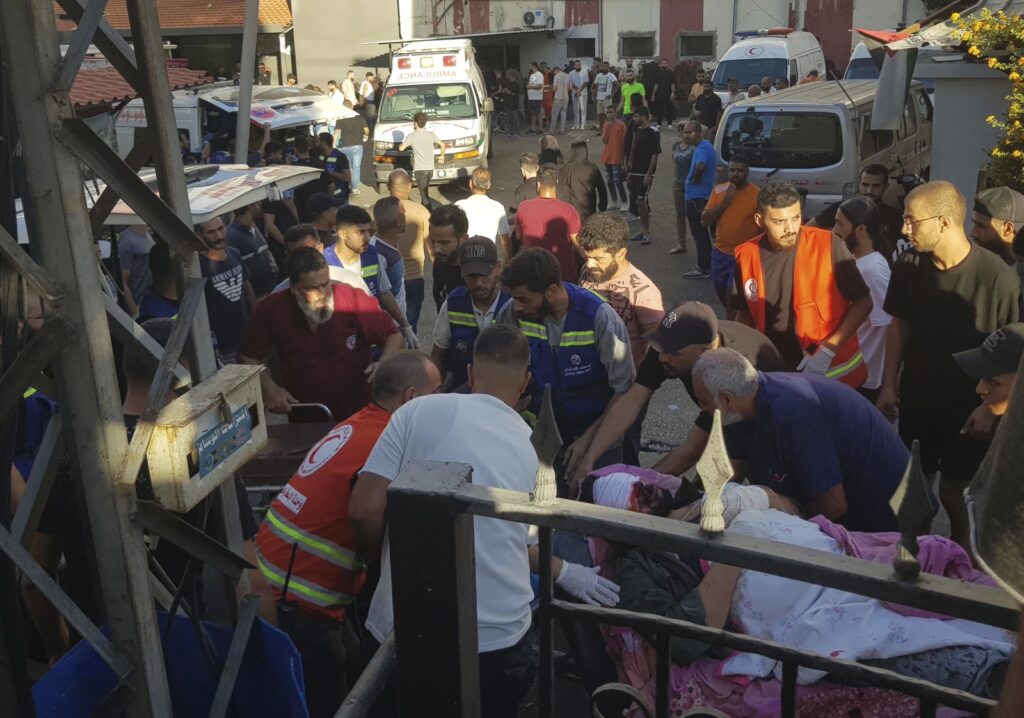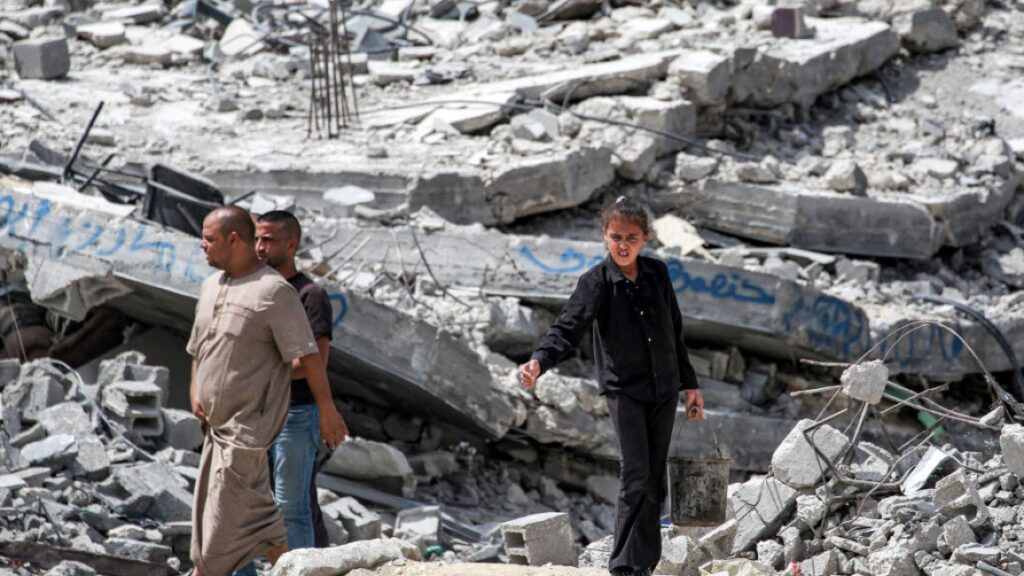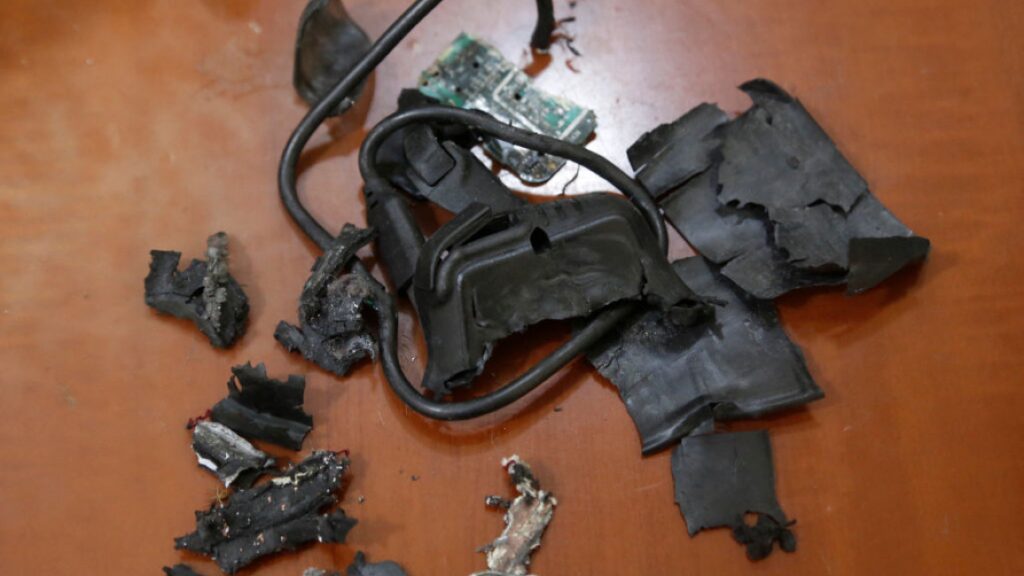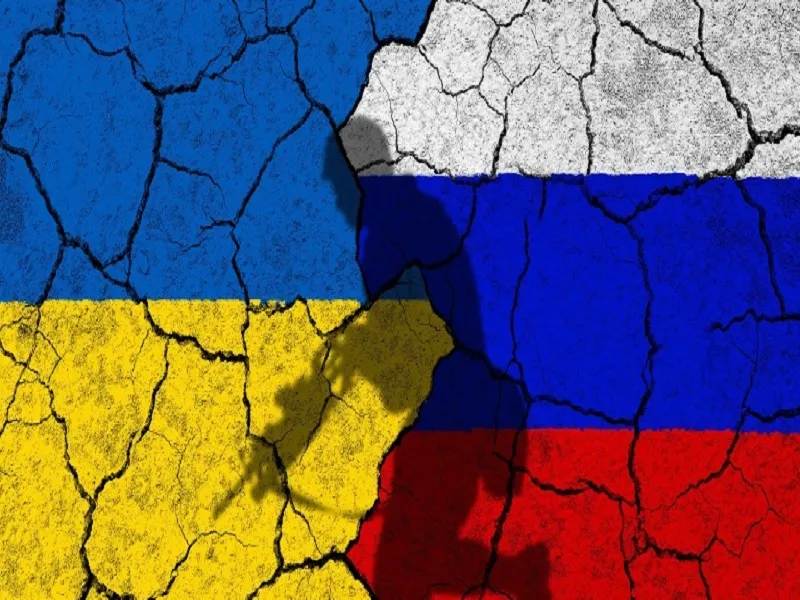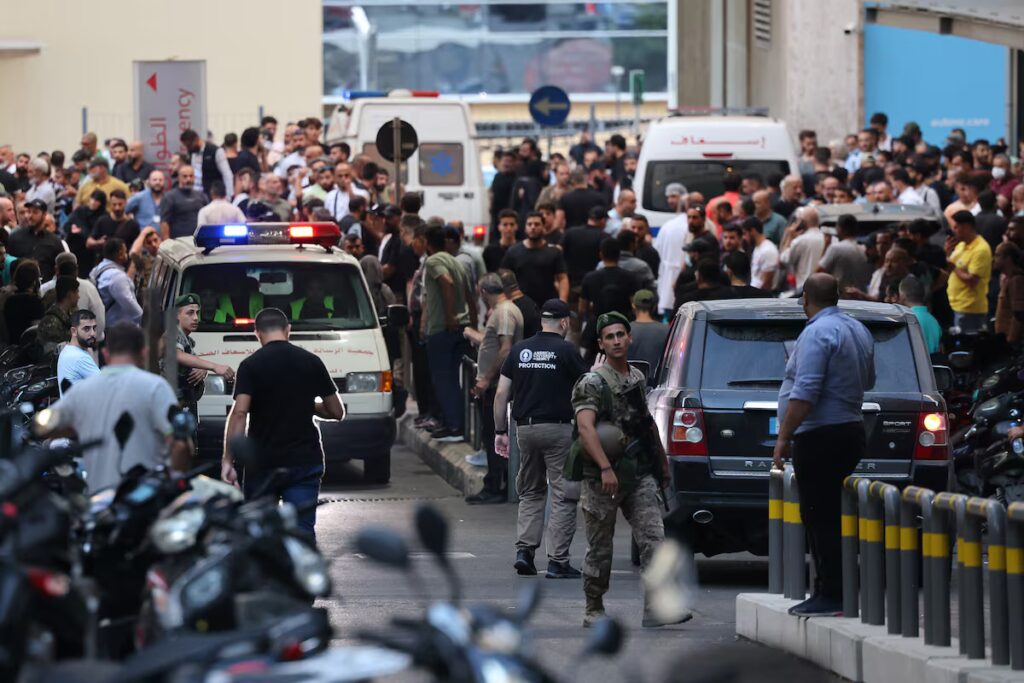The brutal truth behind Italy’s migrant reduction: beatings and rape by EU-funded forces in Tunisia
Keir Starmer says he wants to learn from Italy’s ‘dramatic’ statistics. But a Guardian investigation reveals that EU money goes to officers who are involved in shocking abuse, leaving people to die in the desert and colluding with smugglers

